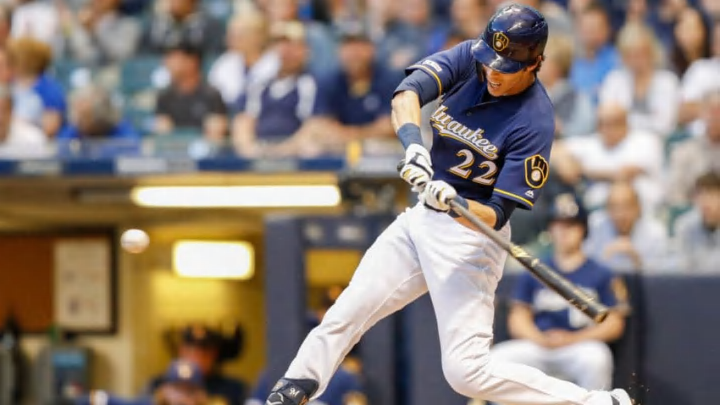
The NL MVP race has two obvious candidates in Christian Yelich and Cody Bellinger, but are there others who warrant consideration?
Culling the field of potential NL MVP candidates is tricky business. Just take the Democratic Nominating Committee, who in letting candidates nominate themselves have grown the field so large that it’s going to take two nights to give them each a chance to talk.
Luckily, MVPs don’t get to nominate themselves – they have to earn the distinction with their performance on the field. It’s incumbent upon the voters to decide who deserves the honor.
Unfortunately, as with selecting the best person to lead the democratic party, there is no clear set of criteria to point us to the MVP. The Most Valuable Player means something different to different people, and the debate between best versus valuable rages on every season.
We do, however, have a set of benchmarks to winnow the field and lead us metal-detector-on-the-beach-style in the direction of the most likely winner. Typically, the eventual MVP will be a repeat winner, or the WAR leader, or the best player on the best team, or a player with a narrative hook, or a player with a single stat abnormality that helps him stand out from the pack.
So who will win the NL MVP award this year? Let’s take a look at the top candidates.
